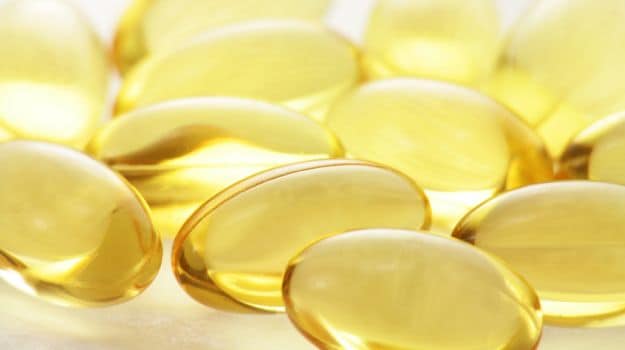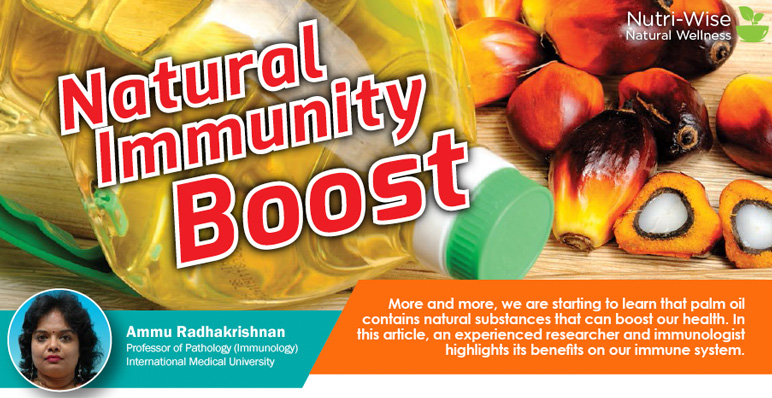Vitamin E oil is both a nutrient and an antioxidant. According to the National Institutes of Health Office of Dietary Supplements, it helps neutralise free radicals, which damage cells and might contribute to cardiovascular disease, cancer and other ailments. Dr. Manoj K. Ahuja, Fortis Hospitals, says, “Vitamin E oil is a powerful fat-soluble antioxidant that can rejuvenate your skin and overall health. It encompasses a group of eight compounds that include both tocopherols and tocotrienols. Vitamin E oil in its purest form is extremely versatile. You can slather it on your skin or swallow it in a capsule.”

Here are 10 benefits of applying Vitamin E oil on your skin:


 V
V